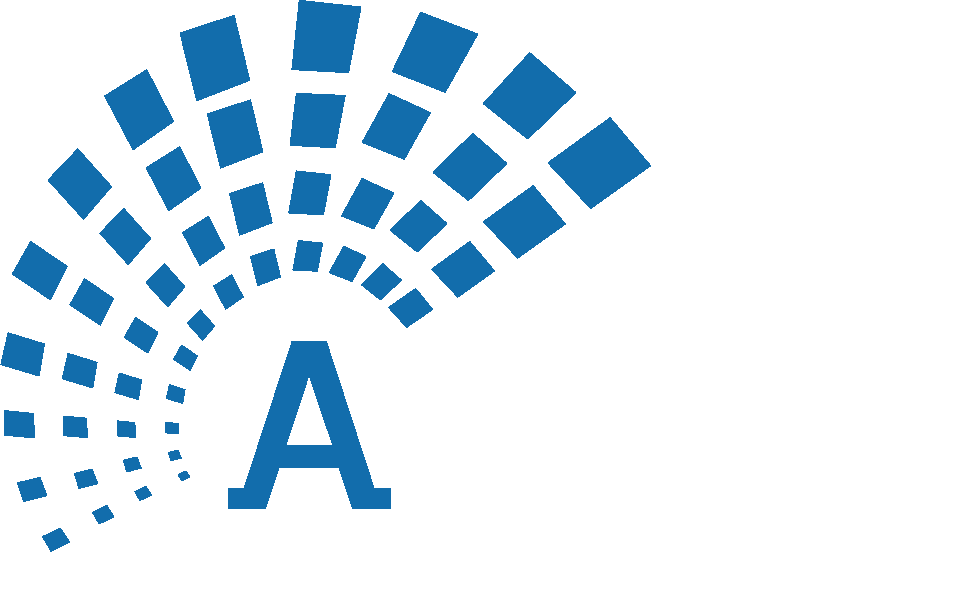Millennials are entering adulthood with record levels of debt driven by school loans. In fact, two-thirds of all millennials with a bachelors degree have student loans. The average student loan, according to the 2013 Urban Land Institute Study, is $27,000 vs. $15,000 from 20 years ago. But, don’t let this debt hold you back. Given the right guidance/approach, you can still take steps to reach your financial goals. So what’s the key to success? It starts with figuring out where you stand and educating yourself on savings and investment options.
Get on Top of Your Finances
The path to a secure financial future begins with setting a budget. Online tools make it easy, whether you’re on your desktop, tablet or phone. After you’ve covered day-to-day expenses, consider stashing away three to six months’ worth of expenses in cash in an emergency fund such as a savings account.
Then, you can start to figure out how much you can put toward your debt. Although you may not think of paying down your debt as an investment, it is. And it’s actually a relatively safe one, because it prevents interest from continuing to add up.
When prioritizing which debts to pay first, it’s important to take into account interest rates. Find out which of your debts have the highest interest rates, then pay those down first. Another common strategy is to pay off your smallest debt first, and then work your way up to the larger ones. It’s also good to consider exceeding your minimum payments and avoiding late payments. Doing this also helps reduce the cost of the loan in the long run since you will be paying less interest.
It’s important to remember that not all debt is necessarily bad. It’s true that bad debt that doesn’t add value to your bottom line, such as credit cards or auto loans, can tether you to past purchases by draining your pockets. But good debts, such as student loans or mortgages, can serve as investments that can offer a return over the long run. They can also help you establish a good credit rating, which is critical for everything from buying a home to obtaining insurance.
Saving and Investing Your Money
When you’re ready to invest your money, how you decide to do it will depend on considerations like your risk tolerance, your financial goals and how much you’ve saved.
If you haven’t yet opened a retirement savings account such as a 401(k) for example, you should consider starting one. 401(k)s offer tax-advantaged savings and many companies today will match part of your contribution. That’s free money! It’s important to start contributing as early in your life as you can because the younger you are when you start saving for retirement, the more time your money will have to grow.
Despite debt or and financial challenges, the good news is that because of your age, time is on your side. If you start making small, positive steps with each new paycheck, you can make tangible progress toward securing your financial future.
Keeping Up with Life Changes
It’s important to remember how quickly life can change between the ages of 22 and 34. Just like everything else in your life, from your address to your hairstyle, how you allocate your money may change over the years, too. Remember to take a look at your financial strategy with each milestone you achieve — whether you get promoted, get married or have a baby.
The key for millennials is to begin assessing your finances early and to continue to review them as your life changes.

